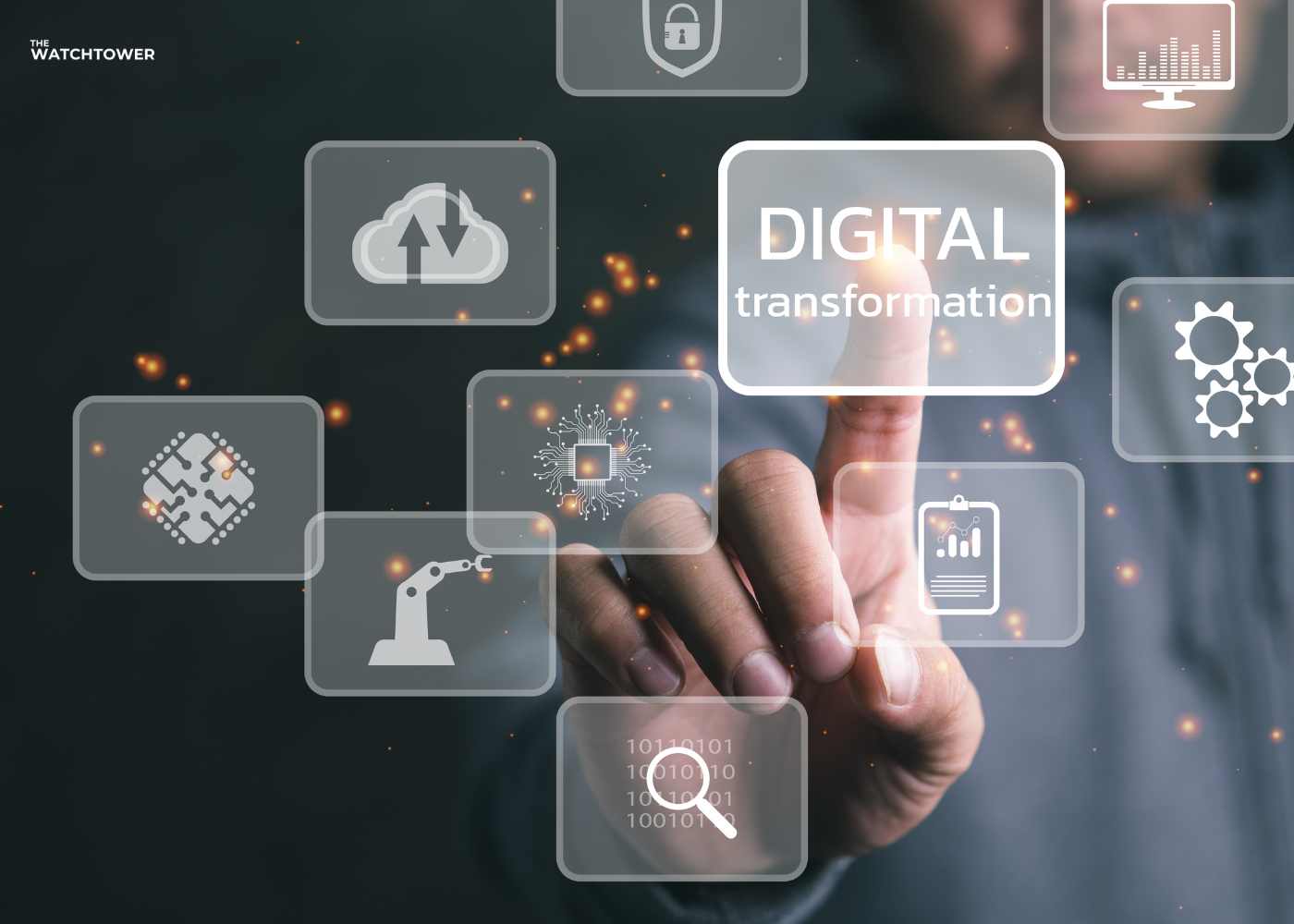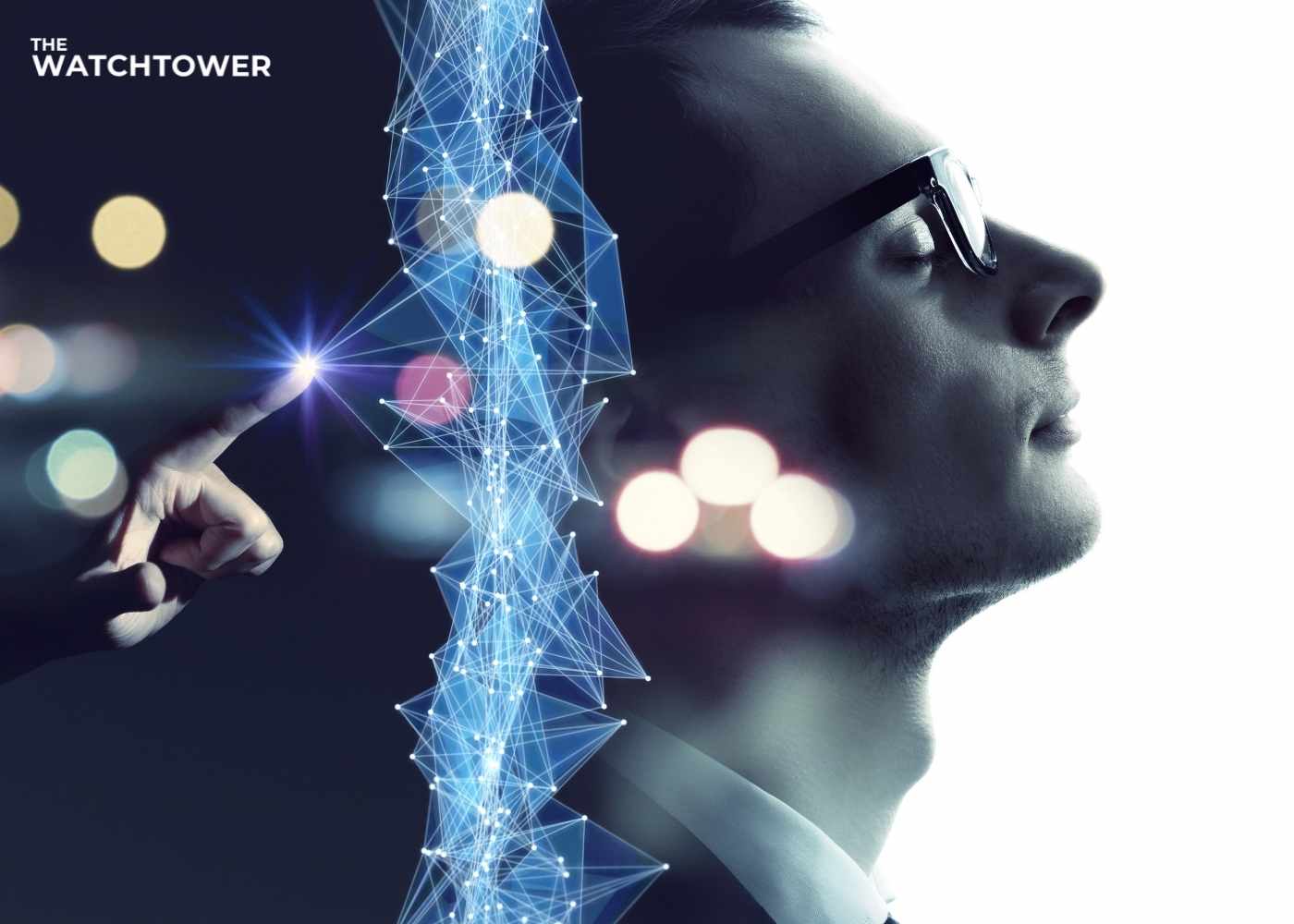
The vast majority of people live and work in cities, which are intricate and densely packed with people. In recent decades, urbanization has accelerated internationally, putting strain on the environment, infrastructure, and social and economic systems.
Mobility, physical expansion, the accessibility of resources and provisioning, the planning and interconnectedness of economic activity, urban planning, and last but not least, environmental purity are all hampered by the compact and limited character of cities.
The issues brought on by urbanization are not exclusive to the Middle East and North Africa (MENA) area.

Rapid Growth
During the second half of the 20th century, the area experienced the most population growth worldwide.
The provision of adequate housing, healthcare, education, literacy, employment, infrastructure, and readily available fresh water have all faced issues as a result.
However, these difficulties also offered us a wide range of opportunities.
In the past two decades, Dubai has successfully transformed into a regional economic and tourism hub as well as a metropolis on a worldwide scale.
As a hub for business and investment, we have gained recognition on a global scale. And we've been able to do this by greatly expanding industries like banking, real estate, retail, travel, tourism, real estate, and retail. Dubai also draws highly qualified individuals from throughout the world.
Our robust and effective government sector, which has embraced technological advancements as well as regulatory reforms, has been the driving force behind this economic progress. It is dedicated to the world-class digitization of our city.
Technology Change
The initial ICT plan for Dubai was announced in 1999, and this was followed by the introduction of Dubai Internet City, Dubai e-government, Dubai Smart Government, and, finally, the Smart Dubai initiative in 2014.
The numerous digital transformation efforts in our city over the past 20 years have influenced the public's acceptance and adoption of ICT in all facets of life.
As one of the seven Emirates in the United Arab Emirates with a population of 2.5 million, Dubai now boasts one of the highest rates of ICT adoption in the region among both the general public and the government.
We are the creators of a superior standard of living and an unrivaled business environment.

Aim for Happiness
His Highness Vice President, Prime Minister, and Ruler of Dubai, Sheikh Mohammad Bin Rashid Al Maktoum, has said that technology serves as an enabler rather than as a primary objective.
His Highness's goal of "making Dubai the happiest city on Earth" is realized through the Smart Dubai program.
Our city can have a huge impact on the objective of promoting happiness.
We developed and tested a wide range of implementations as part of our Smart Dubai initiative, including extensive Internet of Things (IoT) systems, data analytics, blockchains, hyperloop projects, cutting-edge 3D printing, autonomous vehicles and drones, robotics, and artificial intelligence applications.
Building Relationships
All of the infrastructure and resources in our city will be connected. As part of our IoT strategy, networks for the distribution of garbage, water, energy, and sewerage, as well as buildings and traffic signals, will all be online and subject to real-time monitoring.
This will increase efficiency and enable our city to offer better and more dependable services. For instance, interruptions in the supply of water or electricity will be detected right away, allowing for a quicker recovery.
The detection of water and power network leaks and their locations will be significantly more accurate, reducing waste
.
Residents of the city will be able to make decisions to minimize their consumption by immediately monitoring how much water and power they are using.
By doing this, we will empower the people who live in our city and help them become savvy shoppers.
Allocating land, a scarce resource in cities, and urban planning are crucial. Due to its rapid growth, Dubai requires meticulous planning to guarantee that its infrastructure and resources are sufficient.
By giving various municipal agencies the important and timely information they need to plan the future of our city and its expansion in a better and well-coordinated manner, we hope to improve the coordination and integration of city planning.
Global Competitiveness
As a regional hub, Dubai has experienced economic growth that is unprecedented.
Thanks to its vibrant innovation culture and entrepreneurial attitude, it has robust economic sectors and is globally integrated as a hub for trade, tourism, and banking.
In order to further strengthen our city's economy and maintain its level of global competitiveness, our strategy calls for leveraging digital transformation.
By utilizing current trends in digital innovation, this will enable our private sector to improve its procedures, goods, and services.
Dubai already prioritizes innovation across all of its economic and social sectors, but by increasing research and development activities, the city will be able to improve its economic performance and productivity.
By providing convenient and smooth digital services for launching enterprises, we will also make the lives of the entrepreneurs in our city easier. Dubai's position as an innovation center will be further strengthened by reducing regulations, offering easily accessible services, and assisting businesses through incubators and accelerators.
We anticipate that Dubai will be a melting pot of gifted and skilled individuals, providing us with the best human resources to realize our goals. To help our personnel in the public and private sectors achieve their goals, we will put in place targeted programs to develop their skills.
Digital Literacy
Dubai's population is already very technologically savvy and well-connected.
Online services and social media are actively used by our residents.
In order to improve the lives of the citizens of our city, we want to meet 90% of their daily needs through digital services.
This includes, among other things, services for the community, healthcare, education, culture, housing, entertainment, and volunteering.

Our residents should be able to easily schedule appointments online, get the results they need, and share them with other healthcare professionals. We also want them to be able to order prescription drugs and other healthcare products online.
similar to how students and parents should be able to look up course curricula, register for and pay for courses, interact with their peers, and find out about education and schooling online.
An Emirati should be able to handle all of his or her housing needs through simple-to-use online services, from purchasing land to building a home and finally moving in.
More than 200 different nationalities are represented in Dubai's diverse, rich culture. Online services should be accessible at cultural events, expositions, and locations.
We envision seamless and effective social services that empower citizens and tourists in our city.
As a result, Dubai will have a vibrant social scene that is enhanced by digital services that facilitate enjoyable social interactions.
Opportunity and Challenges
Urban issues in the MENA area present our cities with great prospects.
Numerous potential technological solutions that deal with urban problems in various ways are available.
In Dubai, we firmly believe that the problems facing our city can be successfully resolved with the proper leadership, preparation, and execution. Our regional communities are in an exceptional position to embrace technological advancement and the enormous potential it provides right now.
Success will depend on adopting an inclusive and cooperative strategy to guarantee the involvement and engagement of city stakeholders.
Cities in our region have great potential advantages and good effects on both the public and private sectors.




















Comments (0)
Write a Comment